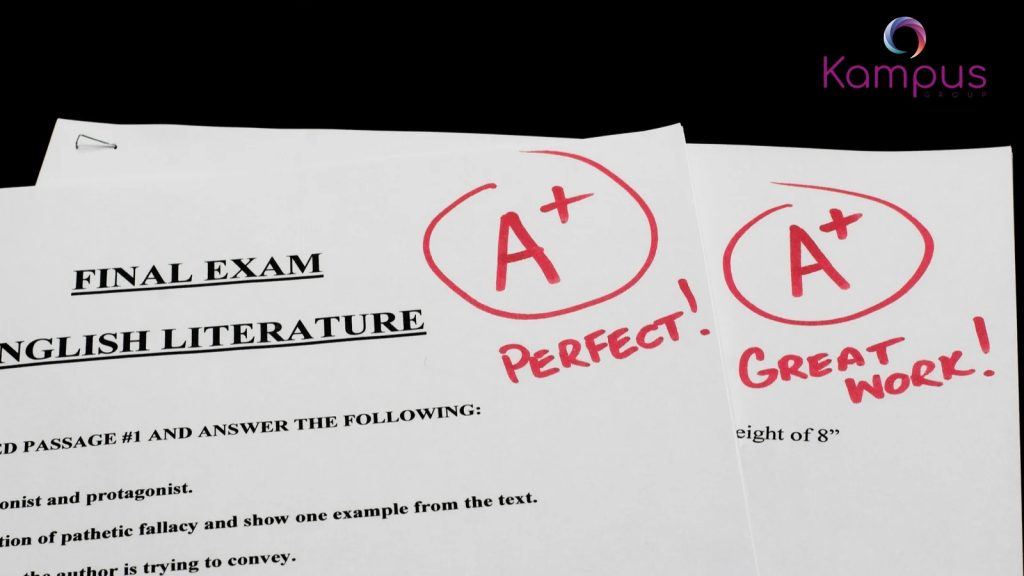CGPA, or Cumulative Grade Point Average, is a method of measuring a student’s overall academic performance. Instead of evaluating students based on individual subject scores, CGPA gives an average of grade points earned across all subjects. This average is typically calculated up to two decimal places and is widely used by schools, colleges, and universities.
Where Did CGPA Come From?
The concept of grading dates back to 1792 and is credited to William Farish, a professor at Cambridge University. He introduced the idea to assess student performance more objectively. Interestingly, grading systems were first used in manufacturing to rate product quality before making their way into the education sector!
Why Do We Use CGPA?
The CGPA system isn’t just a new way of giving marks—it brings several benefits that can help students grow and reduce academic pressure. Here’s how:
Highlights Strengths & Weaknesses
CGPA gives you a clear picture of where you shine and where you might need improvement. This way, students can focus more on subjects that need extra attention.
Reduces Exam Stress
Since CGPA uses grades instead of exact marks, students often feel less pressure to chase high scores. It promotes learning over rote memorisation.
Encourages Holistic Learning
Grades in the CGPA system consider more than just exam results. Factors like attendance, project work, and participation may also be taken into account.
Makes Learning More Flexible
When the focus shifts from just scoring marks to overall performance, students are more likely to engage in diverse activities, leading to better learning outcomes.
Helps Teachers Support Better
With CGPA, educators can more easily identify students who may need extra help, making it easier to offer support where it’s needed most.
CGPA vs GPA: What’s the Difference?
| GPA (Grade Point Average) | CGPA (Cumulative Grade Point Average) |
|---|---|
| Measures performance for a single term or semester | Measures performance across multiple terms or the entire course |
| GPA = Total Points ÷ Total Credits in that term | CGPA = Sum of (Credit × GPA) for all terms ÷ Total Credits across terms |
How to Convert CGPA to Percentage
If you’re applying to institutions that require a percentage, here’s a simple method based on the WAEC ( West African Examinations Council) system:
- Add up the grade points for all your subjects.
- Divide the total by the number of subjects to get your CGPA.
- Multiply the CGPA by 20 to get the percentage.
Example:
If your CGPA is 3.5, then
Percentage = 3.5 × 20 = 70.0%
How to Convert CGPA to Marks
To calculate your total marks from CGPA, use this formula:
Marks = (CGPA × 20 × Total Maximum Marks) ÷ 100
Example:
Let’s say your CGPA is 3.5 and the sum of maximum marks for all subjects is 500.
Marks = (3.5 × 20 × 500) ÷ 100 = 350
So, your total score is 350 marks out of 500.
Need Help with Your Academic Journey?
Understanding your grades is just the beginning. If you’re considering studying abroad, your CGPA plays a key role in your university applications. At Kampus Group, our experienced are ready to guide you through every step. From choosing the right course to submitting your application.
Talk to our study abroad experts today and take your academic journey global!
FAQs About CGPA
Q1: Is CGPA the same in all countries?
No. Different countries and institutions have their own grading scales. For example, in the US, a 4-point GPA system is common, while India uses a 10-point CGPA system.
Q2: Is 3.5 a good CGPA?
Yes, a CGPA above 3.0 is generally considered good, especially for undergraduate programs. However, requirements vary depending on the course and university.
Q3: Can I apply abroad with a low CGPA?
Yes. Many universities consider overall profiles including SOPs, recommendation letters, test scores (like IELTS or GRE), and extracurriculars. A lower CGPA can be balanced with a strong application.

